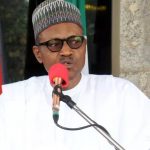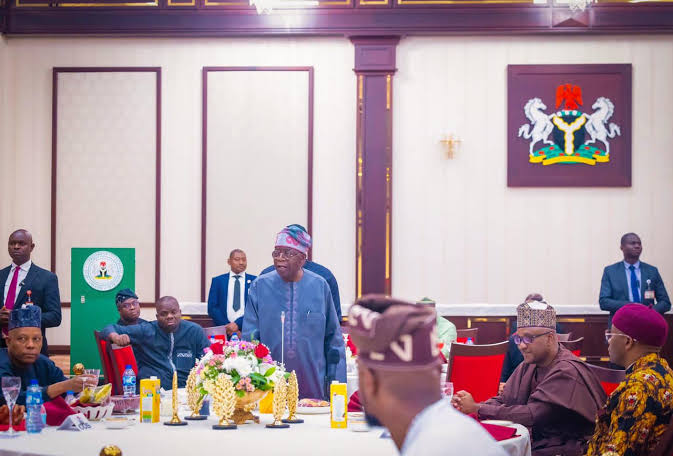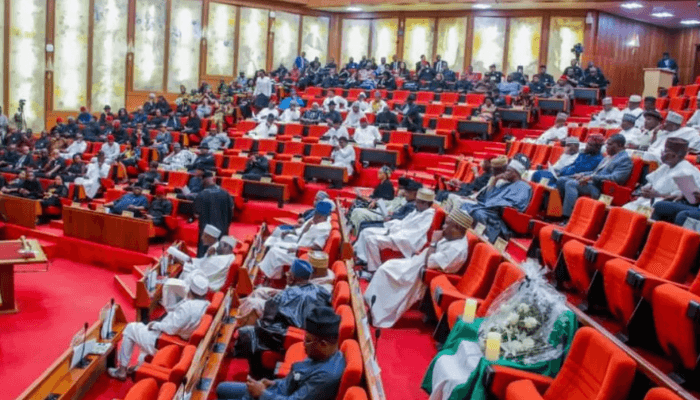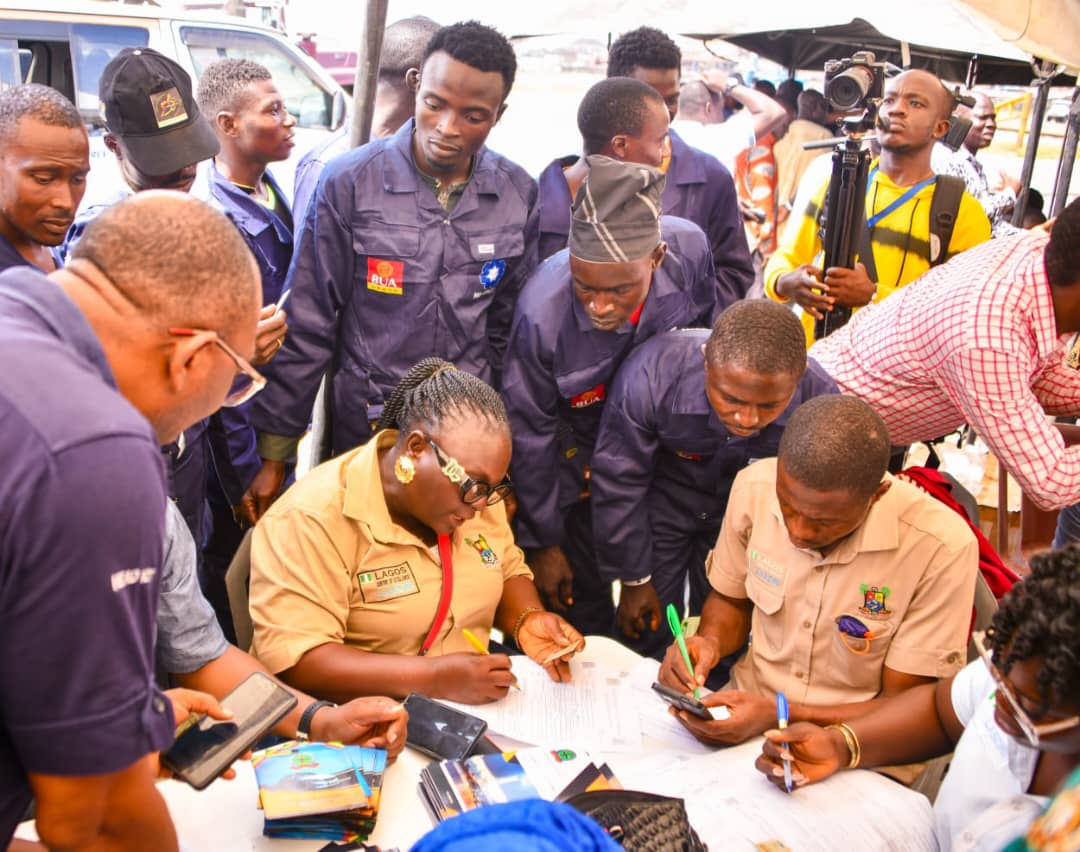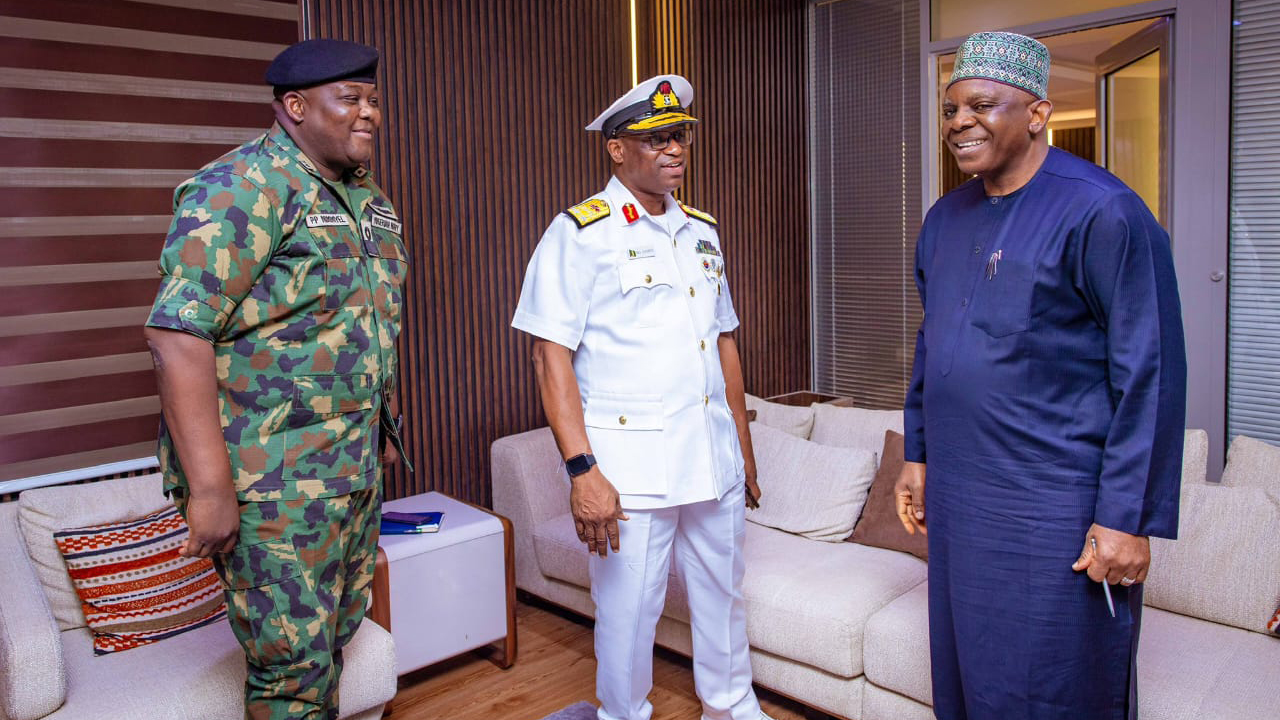At last, Senate passes 2019-2021 MTEF, FSP

…Orders Appropriation C’ttee to lay report today
…Recommends 2.3mbpd, $60 per barrel benchmark, N305 per dollar exchange rate, others
Tunde Opalana, Abuja
As Nigerians await the passage of the 2019 budget, the Senate on Tuesday passed the 2019-2021 Medium-Term Expenditure Framework (MTEF) and Fiscal Strategy Paper (FSP).
This followed the submission of the report of the Senate Committee on Finance by its chairman, Sen. John Enoh, after due consideration in accordance with the Fiscal Responsibility Act 2007.
The committee considered the two documents transmitted to the parliament by President Muhammadu Buhari in November 2018.
Speaking on the committee’s recommendation on key assumptions on 2019-2021 framework, the chairman, Sen. Enoh said the Committee recommended the adoption of 2.3 million barrel per day as the daily production output of crude oil in 2019 and it is of the view that the target is achievable due to the continuous effort of all stakeholders in checkmating the issues of oil facilities’ vandalism and other vices associated with such regard.
The Committee recommended the adoption of USD$60.0 per barrel as crude oil benchmark price of the 2019 fiscal year budget.
It also recommended the adoption of N305/1US$ as the official exchange rate of the 2019 fiscal year and encouraged the CBN to continue adopting strategies that will aid in the strengthening of the Naira and bridging the gap between the official and parallel market rate of the foreign exchange.
Enoh said the stability in the foreign exchange market was also complemented and supported by the continued intervention of the Central Bank of Nigeria (CBN) in the market and the sustained increase in crude oil price in the global oil market.
“The appreciation and increase in oil price aid in the stabilisation of the exchange rate market because it is the major source of forex to the country.
“It is of the belief that the Naira will continue to appreciate as the commencement of the USD$2.2 billion currency swap deal with the People’s Bank of China (PBoC) and the availability of Renminbi currency to Chinese and Nigerian businesses would ease pressure on the US Dollar demand”, he said.
The Committee recommended the adoption of N1.64 trillion as the amount for New Borrowing to fund the budget deficit and advised relevant agencies to continue exploring ways of generating additional revenues for Government to bring down the fiscal deficit while it asked the Federal Government to harness the full optimal potential of the Federal Ministry of Mines and Steel Development in terms of Revenue Generation to minimise the level of New Borrowing.
The committee said debt management and servicing remains a critical component of Government strategy and a number of countries in the world partially rely on borrowing to bridge their budget deficit and fund other critical government projects.
“As it currently stand, Nigeria’s Public Debt Stock remains within acceptable debt thresholds despite the recourse to debt financing to cover the significant decline in government revenues due to lower international crude oil prices, especially between 2015 and 2017.
“Nigeria’s total public debt stock was N22.38 trillion (USD$73.21 billion) as at June 30, 2018 while the ratio of Total Public Debt-to-GDP was 18.35% and is still below Nigeria’s self-imposed Debt Limit of Total Public debt to GDP ratio of 25% (up to 2020) and far below the World Bank’s debt sustainability threshold of 56% for Nigeria and other peer countries.
“With regard to 2019 fiscal year, the estimated budget deficit is N186 trillion and it will largely be financed through borrowing as it has been the tradition while also additional financing of N172 billion will be derived from Privatisation Proceeds and N556.02 billion from loans secured for specific development projects,” the Committee said.
It, however, urged the Federal Government to consider reducing the granting of waivers and exemptions while ensuring that the Nigerian Customs Service personnel are at all oil terminals for accountability, and the Federal Inland Revenue Service (FIRS) should consider increasing Tax on luxury Goods and Services.
On social intervention strategies, the Committee adopted the N500 billion special intervention fund and enjoined the cooperation of relevant Committees in the National Assembly and other relevant MDAs in ensuring that the funds are judiciously utilised to provide a positive tangible impact of the funds on the Nigerian people.
The Committee chairman, Sen. Enoh said: “Government remains committed to minimising and reducing unemployment figures, alleviating and eradicating poverty and increasing the general wellbeing of ordinary Nigerians.
It is on this note that several initiatives are explored and adopted to aid in creating more jobs particularly through special intervention programs that span across all geo-political zones of the country.
“Investing in people is one of the cardinal and core objectives of the Economic Recovery and Growth Plan (ERGP) and all necessary steps are taken to enhance human capital development.
The proposed N350 billion special intervention (Recurrent) and N150 billion special intervention (Capital) will provide necessary funding for the financing and continuity of key Government intervention programmes”.
Members of the Senate Committee on Finance are Sen. John Owan Enoh, Chairman; Sen. Umaru I. Kurfi, Vice Chairman.
Others are Sen. Usman B. Nafada; Sen. Joshua C. Dariye; Sen. Hope 0. Uzodinma; Sen. Adeola 0. Solomon; Sen. Mustapha M. Sani; Sen. Yahaya A. Abdullahi; Sen. Nelson A. Efiong; Sen. Yusuf A. Yusuf; Sen. Sabo Mohammed and Sen. Victor C. Umeh
Meanwhile, the Senate has mandated its Committee on Appropriation to do everything possible to ensure it lays the 2019 Appropriation Bill today.
Shocked by the revelation that just 24 out of the 61 Sub- Committees have submitted their reports, Senate President, Bukola Saraki, insisted that the Senate will not be held back by any Committee that has not complied with the submission deadline.
Saraki instructed the Vice Chairman of the Appropriation Committee, Sen. Sunny Ugborji, to prepare the substitute reports of any erring Sub- Committee with the Executive submissions.
The Senate President said the Red Chamber will pass the 2019 budget on April 16.



